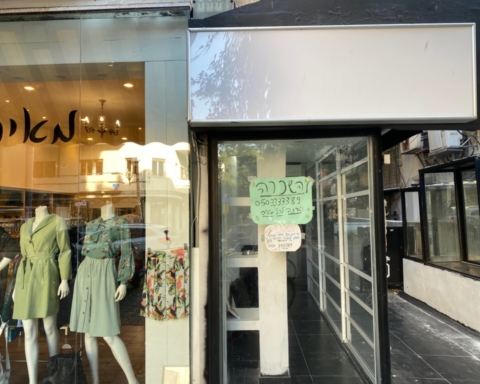About 21% percent of Israeli residents live below the poverty line, according to an OECD 2016 report, making Israel amidst the highest poverty rates of developed countries worldwide. Of this percentage, over 30% are children. One cause for the massive societal issue is the ever-growing income inequality, not only between genders but between races.

A recent report by the Adva Center shows the increase in the gap between the average Ashkenazi Israeli men who make NIS 16,691 and the average Sephardi male who makes NIS 13,291. At one point, the gap between Ashkenazi and Sephardim was closing; however, this past year shows a 36% increase and highlights the need within the greater system to find a sustainable solution for income inequality. Compare this to what the average Arab male makes at NIS 7,723, the average uneducated Ethiopian male at NIS 6,291, and the average educated Ethiopian male is NIS 7,465.
Women in minority groups are at least somewhat equally discriminated against, though suffer from lesser salaries based on minimal education and larger families who require care. The average for Israeli women is shown to be NIS 5,083, for Arab women NIS 5,370 and Ethiopian women NIS 4,347. A 2016 report from the National Insurance Institute shows that the average woman brings in NIS 8,469 and the average male brings in 12,446. The gender gap between women and men is one of the greatest in the Middle East at about 21.6%, compared to the global average of about 13%.
As of December 2018, the average Israeli salary is about NIS 10,500, according to the Central Bureau of Statistics. The root of the issue, whether gender or class status, lies with the lack of education and so earning opportunity provided for those who are not of the white male status. To create a paradigm shift in the vicious cycle which leads to continued inequality and poverty, the minority groups require resources and diminishing discrimination of governmental practices. Education, both from a top down and bottom up approach, could be the starting solution to end the income inequality cycle for good.
Some general ideas for solutions include laws that support pay transparency, reporting wage gaps, and banning employers from asking about previous salaries, and making salaries public. These are proposed simple solutions moving forward, but do require the moral courage to break the norm, and confront the pressing societal and global issue head on.








